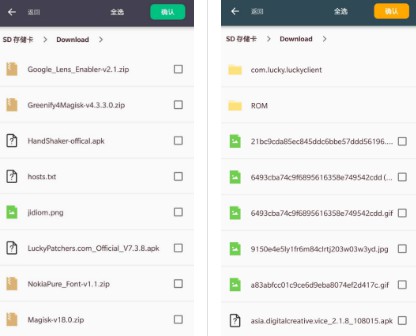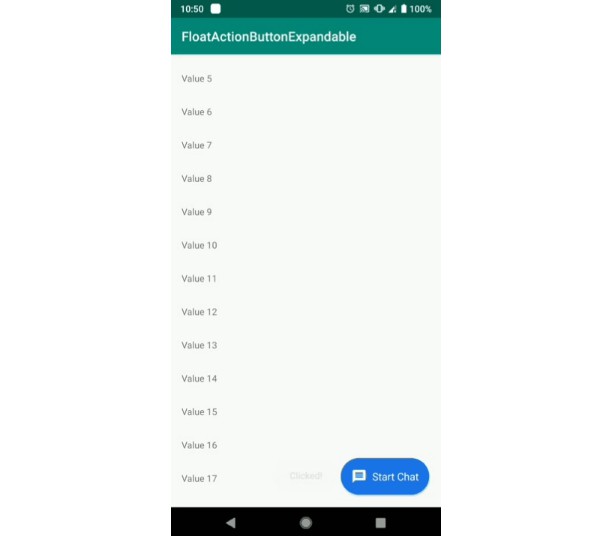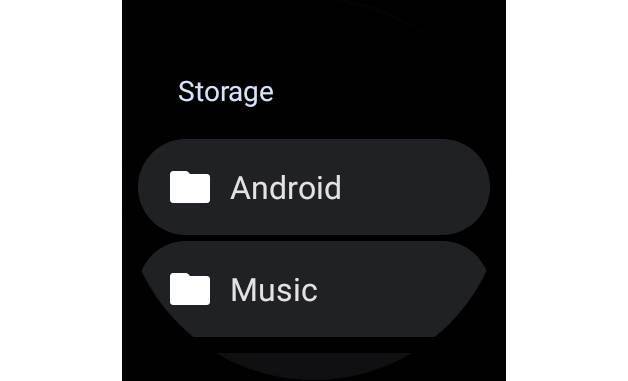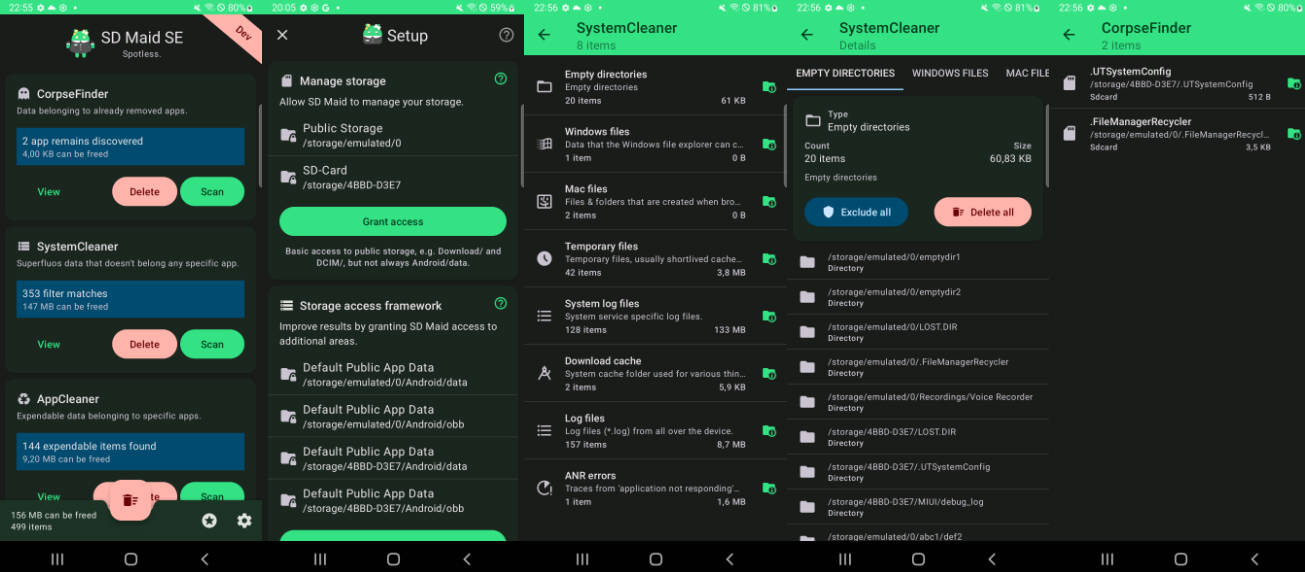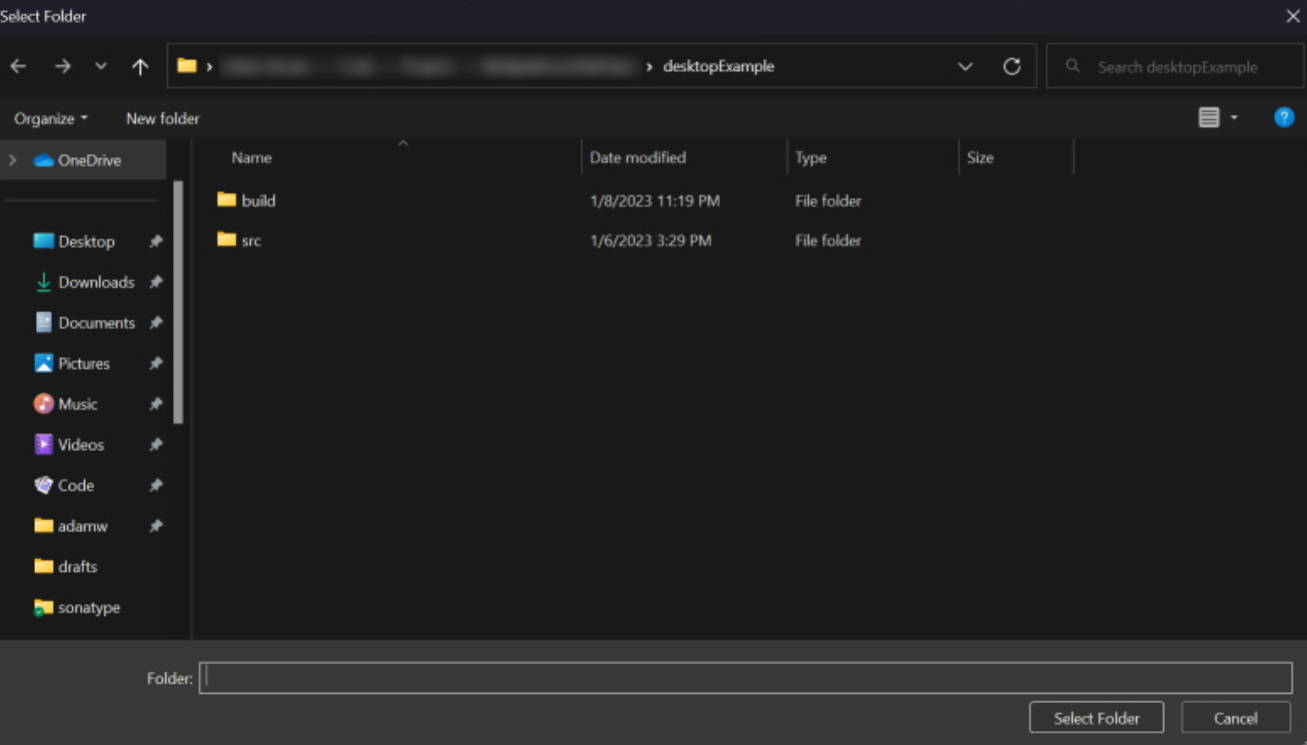Android File Picker
FilePicker is a small and fast file selector framework that is constantly evolving with the goal of rapid integration, high customization and configurability.
Well, it doesn't have a name like Rocky, Cosmos or Fish. Android File Picker, like its name, is a local file selector framework. Some of his characteristics are described below:
- Launcher in Activity or Fragment
- Start with a single line of code
- Browse and select all files in local storage
- Built-in default file type and file discriminator
- Or you can implement the file type yourself
- Custom list filter
- Just want to show pictures(Or videos, audio...)? No problem!
- Of course, you can just display the folder
- Custom item click event: only need to implement the listener
- Apply different themes, including four built-in themes and custom themes
- More to find out yourself
| Rail Style(default) | Reply Style | Crane Style | Shrine Style |
|---|---|---|---|
 |
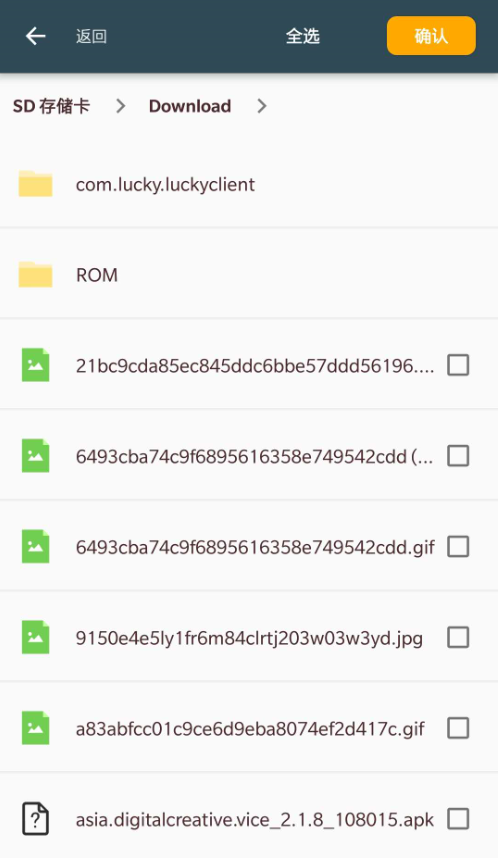 |
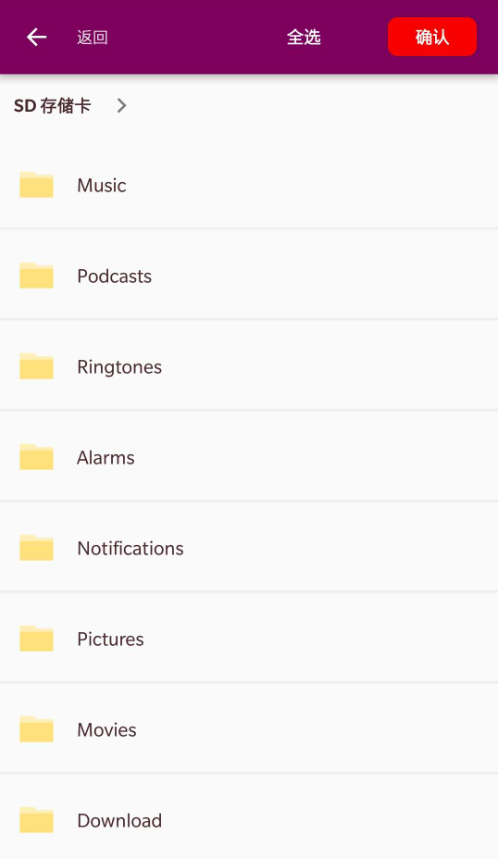 |
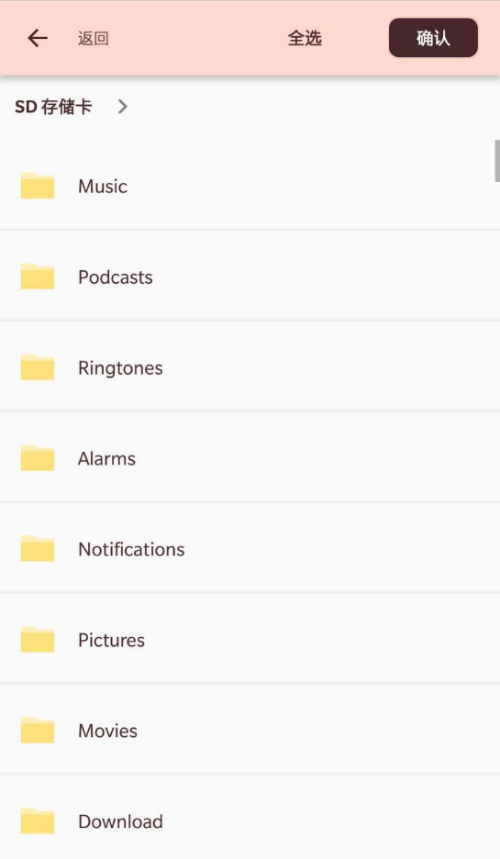 |
Download
Gradle:
In your project build.gradle:
In your module build.gradle:
Check out releases page to see more versions.
Usage ?
Permission
The library requires two permissions:
android.permission.READ_EXTERNAL_STORAGEandroid.permission.WRITE_EXTERNAL_STORAGE
If you do not have permission to apply, this framework will check and apply at startup.
Launch ? (Kotlin)
Now that you have taken off ?️ ... ( there are really only two lines )
Receive Result
In onActivityResult() callback of the starting Activity or Fragment:
The result is a path list of the selected file (ArrayList<String>()).
